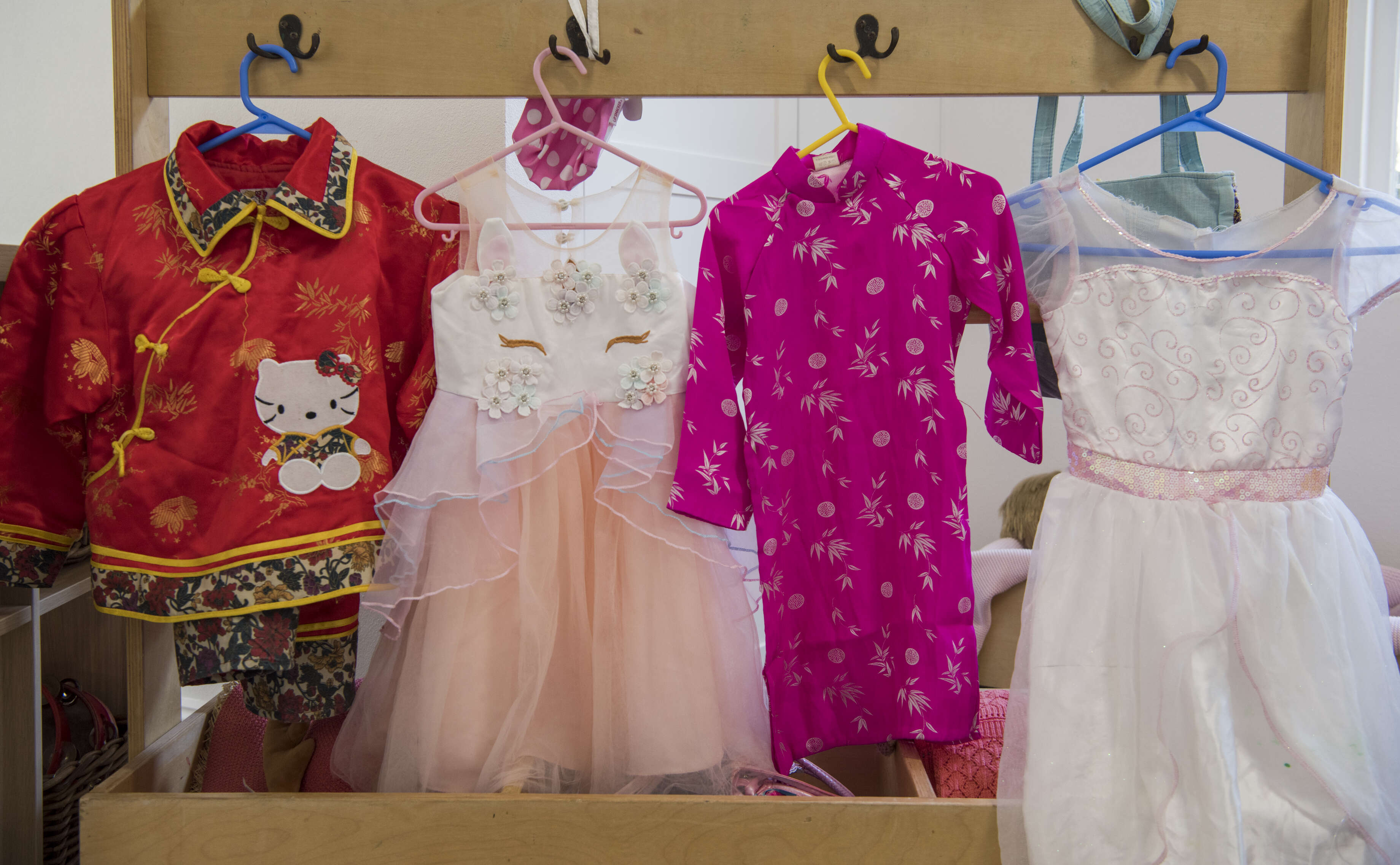On this page

Be You can support educators to reflect on their underlying assumptions about gender and the possible impact this can have on children. Critical reflection about gender bias and stereotypes can support children’s autonomy and agency.
Underlying assumptions about gender (e.g. stereotypes such as females are physically weak and emotional and males are physically strong and logical) create expectations that affect children from infancy. Gender is both internally constructed by children and influenced externally by social norms. Social norms about gender identity and the expectations for behaviour, attitudes, skills, abilities, feelings and appearance are still predominantly aligned around the binary opposites of female and male.
Although toddlers do not fully understand the gender binary, by age two they mostly refer to themselves as girls or boys. By age four children state clearly that they are either a girl or boy and their gender expectations are apparent in their noticing and commenting when other children don’t follow the expected behaviour (e.g. He’s a boy, he can’t play with the dolls).
Children’s expectations of their gender identity can significantly limit them achieving their full potential, irrespective of whether they are a girl or boy.
Challenging gender stereotypes
Creating empowering environments that challenge gendered expectations and don’t limit children’s autonomy and agency begins with educators critically examining common gender stereotypes. Considering gender stereotypes and the associated assumptions raises awareness about what educators have learned about feelings and behaviours that are okay for girls and boys. Educators can then reflect on the impact these gender biases can have on their interactions with children.
With play having a pivotal role in children’s learning educators with an awareness of gender biases can make the most of ‘teachable moments’ by having conversations with children when they notice differences and make comments highlighting their gender expectations.
For example, Sally watches Peter place a doll in a pram before pushing the pram outdoors.
Sally: “He can’t play with the dolls”
Educator: “Why do you think Peter can’t play with the dolls?”
Sally: “Well he’s a boy”.
Educator: “The dolls are for everyone to play with. Peter likes to play with the dolls and when he does he is learning about how to care for babies”
Play and gender identity
Socio-dramatic play, where children take on different roles and act out imaginary situations and stories often with dress up clothes and props, offers children the opportunity to engage in learning that they might not have otherwise experienced.
Noticing gendered play and being creative in expanding props (e.g. adding tool belts and high visibility vests to home corner or adding dolls or household equipment to the construction area) encourages choices that are not gender limited.
These opportunities can be supplemented with stories showing women and men in non-traditional gender roles and through inviting women and men in non-traditional roles to the service to demonstrate or talk about their work.
Book a Be You Conversation and carry on this discussion with other educators and a Be You Consultant.